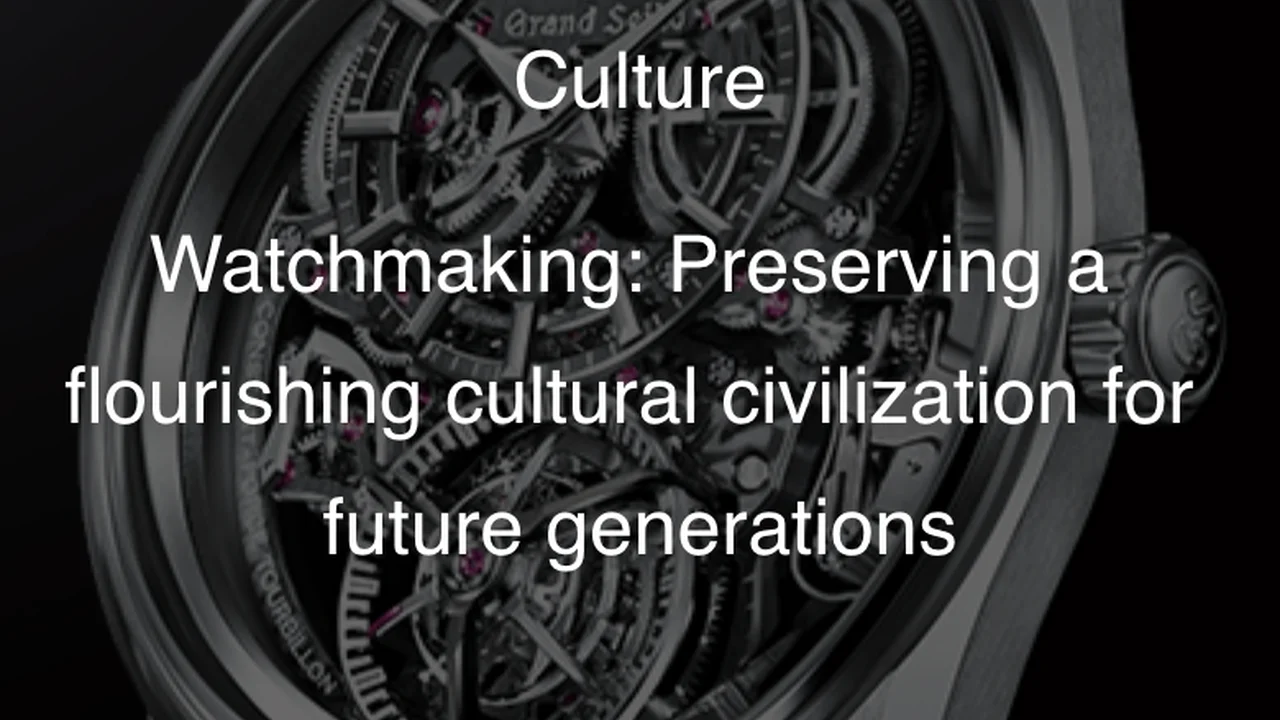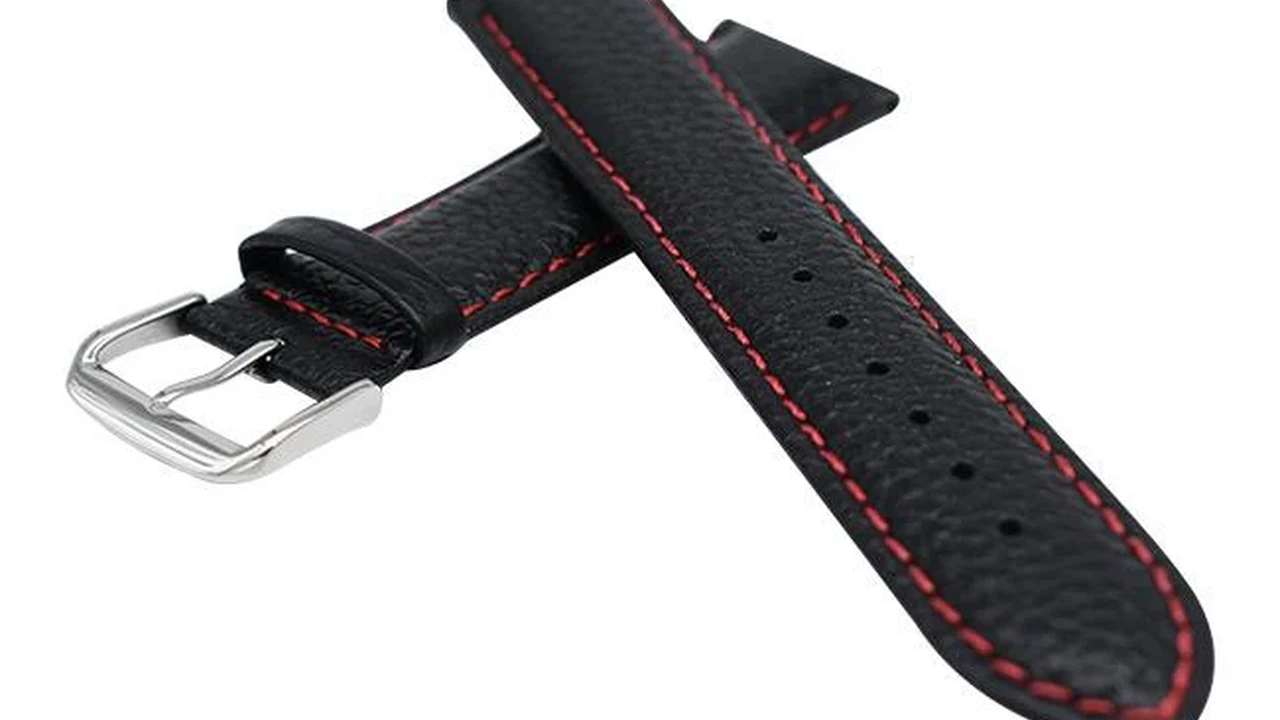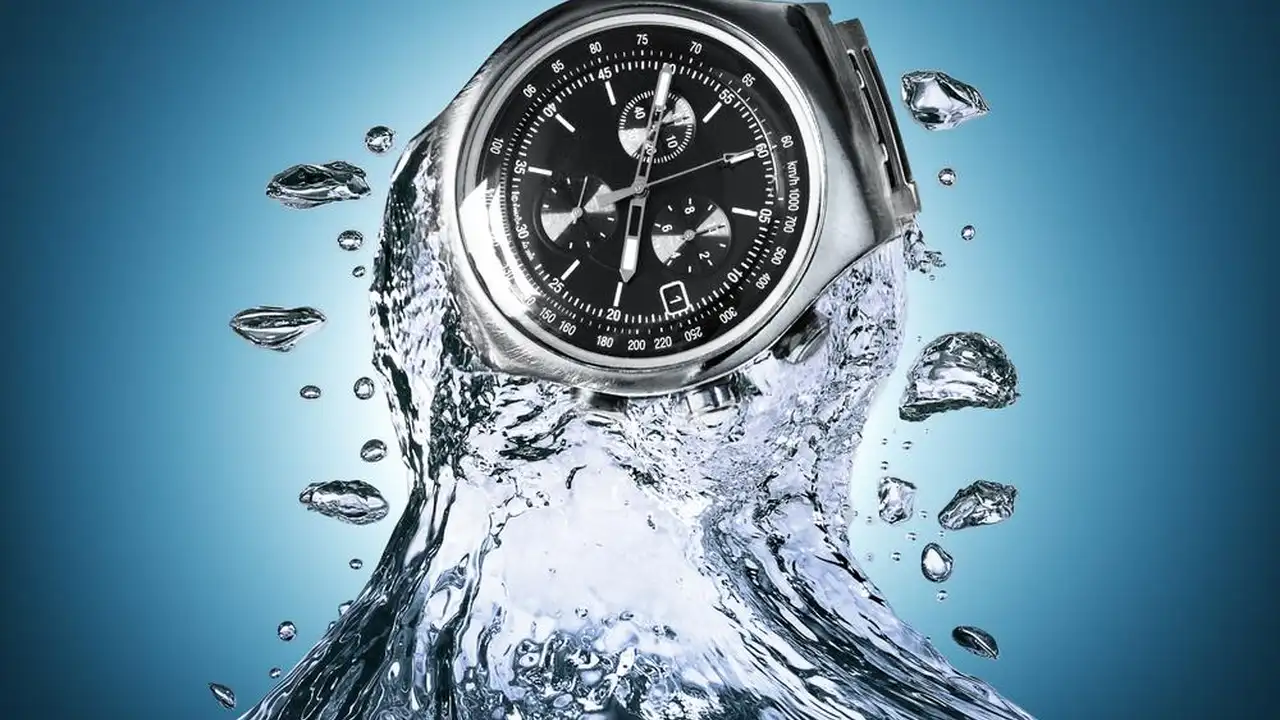The Impact of Sustainability on the Watch Industry
Explore the growing focus on sustainability in the watch industry. Learn about eco-friendly materials, ethical sourcing, and responsible manufacturing.

Eco-Friendly Watch Materials: A Greener Approach to Timekeeping
Okay, let's dive into the world of eco-friendly watch materials. For a long time, the watch industry wasn't exactly known for being super green. But things are changing, and fast! More and more brands are realizing that consumers care about where their products come from and how they're made. So, what are some of these sustainable materials we're seeing?
- Recycled Stainless Steel: This is a big one. Instead of using newly mined steel, companies are using recycled steel from things like old appliances or construction materials. It's just as strong and durable, but with a much smaller environmental footprint. Think of it as giving old metal a new life on your wrist!
- Recycled Plastics: Yep, even plastic can be eco-friendly! Companies are using recycled ocean plastic or other post-consumer plastics to make watch cases, straps, and even packaging. It's a great way to clean up our oceans and turn waste into something useful.
- Vegan Leather Alternatives: No cows harmed here! Brands are experimenting with vegan leather alternatives made from things like apple peels, pineapple leaves (Piñatex), or mushroom leather (Mylo). These materials look and feel like leather, but they're much more sustainable and cruelty-free.
- Sustainable Wood: If you're looking for a natural and earthy vibe, sustainable wood is a great option. Look for watches that use wood from responsibly managed forests, certified by organizations like the Forest Stewardship Council (FSC).
Ethical Sourcing in Watch Manufacturing: Knowing Where Your Watch Comes From
It's not just about the materials, though. Ethical sourcing is also a huge part of sustainability. This means making sure that everyone involved in the watchmaking process – from the miners who extract the raw materials to the factory workers who assemble the watches – are treated fairly and with respect.
- Conflict-Free Minerals: This is especially important when it comes to precious metals and gemstones. Make sure the watch brand you're buying from is committed to sourcing conflict-free minerals, which means they don't come from areas where mining is used to finance armed conflicts.
- Fair Labor Practices: Look for brands that have transparent supply chains and that ensure fair wages and safe working conditions for their employees. Some brands even partner with organizations that monitor labor practices and promote worker rights.
- Traceability: Knowing the origin of your watch's components is becoming increasingly important. Some brands are using blockchain technology to track the entire supply chain, from the mine to the finished product. This allows consumers to see exactly where their watch came from and how it was made.
Responsible Manufacturing Processes: Reducing Waste and Energy Consumption
The way watches are made also has a big impact on the environment. Responsible manufacturing processes aim to reduce waste, conserve energy, and minimize pollution.
- Energy Efficiency: Look for brands that use renewable energy sources in their factories, such as solar or wind power. They may also implement energy-efficient lighting and equipment to reduce their overall energy consumption.
- Water Conservation: Watchmaking can be a water-intensive process. Brands that are committed to sustainability will implement water conservation measures, such as recycling water and using closed-loop systems.
- Waste Reduction: Minimizing waste is key. This includes using recycled packaging, reducing the amount of packaging material used, and recycling any waste that is generated during the manufacturing process.
- Chemical Management: Watchmaking involves the use of various chemicals. Responsible manufacturers will have strict chemical management protocols in place to prevent pollution and protect the health of their workers.
Sustainable Watch Brands: Leading the Way in Eco-Conscious Timekeeping
Alright, let's talk about some specific brands that are doing a great job in the sustainability department. These are just a few examples, but they're a good starting point for your research.
- TRIWA (Sweden): TRIWA is known for its stylish and affordable watches made from recycled ocean plastic and other sustainable materials. They're a great option if you're looking for a fashionable and eco-friendly timepiece. Their 'Time for Oceans' collection is particularly noteworthy. Expect to pay around $200-$400.
- Nixon (USA): Nixon has a collection of watches called 'Light-Wave' that are powered by solar energy and made from recycled ocean plastic. They're durable, stylish, and good for the planet. Great for active lifestyles. Prices range from $150-$300.
- Bamboom (Italy): As the name suggests, Bamboom uses bamboo in their watch designs. Bamboo is a fast-growing and renewable resource, making it a sustainable choice. Their watches often have a minimalist aesthetic. Expect to pay around $100-$250.
- Votch (UK): Votch specializes in vegan watches with straps made from innovative materials like apple leather and Piñatex. They're a great option if you're looking for a cruelty-free and stylish timepiece. Prices range from $150-$250.
- Rado (Switzerland): While not exclusively a 'sustainable' brand, Rado has been a pioneer in using high-tech ceramic, which is durable, lightweight, and hypoallergenic. It's a more sustainable alternative to some traditional watch materials. Rado watches are a significant investment, starting around $2,000.
Use Cases and Scenarios: When a Sustainable Watch Makes Sense
So, when should you consider buying a sustainable watch? Here are a few scenarios:
- For the Eco-Conscious Consumer: If you're already making an effort to reduce your environmental footprint in other areas of your life, choosing a sustainable watch is a natural extension of that.
- For the Ethical Consumer: If you care about fair labor practices and ethical sourcing, a sustainable watch can give you peace of mind knowing that your purchase is supporting responsible businesses.
- For the Style-Savvy Consumer: Sustainable watches don't have to be boring! Many brands are creating stylish and innovative designs using eco-friendly materials. You can find a watch that looks good and feels good to wear.
- For the Gift-Giver: A sustainable watch makes a thoughtful and meaningful gift for someone who cares about the environment or social responsibility.
- For the Outdoor Enthusiast: Many sustainable watches are durable and water-resistant, making them a great choice for outdoor activities like hiking, camping, and swimming.
Comparing Sustainable Watches: Finding the Right Fit for You
With so many sustainable watches on the market, how do you choose the right one? Here are a few things to consider:
- Materials: What materials are used in the watch? Are they recycled, renewable, or ethically sourced?
- Manufacturing Processes: How is the watch made? Does the brand use responsible manufacturing processes to reduce waste and energy consumption?
- Style: Does the watch match your personal style? Do you prefer a classic, modern, or sporty look?
- Features: What features do you need? Do you need a watch with water resistance, a chronograph, or other complications?
- Price: How much are you willing to spend? Sustainable watches can range in price from affordable to luxury.
For example, let's compare two of the brands mentioned above:
| Feature | TRIWA | Nixon Light-Wave |
|---|---|---|
| Materials | Recycled Ocean Plastic, Organic Cotton Straps | Recycled Ocean Plastic |
| Style | Fashion-forward, Scandinavian Design | Sporty, Durable |
| Price Range | $200 - $400 | $150 - $300 |
| Best For | Everyday wear, Fashion-conscious individuals | Active lifestyles, Water sports |
As you can see, TRIWA offers a wider range of materials and a more fashion-forward design, while Nixon Light-Wave is more focused on durability and functionality, making it a better choice for active individuals. The price points are similar, so the decision really comes down to personal preference and intended use.
The Future of Sustainable Watchmaking: What to Expect
The good news is that sustainability is only going to become more important in the watch industry. We can expect to see even more innovative materials, ethical sourcing practices, and responsible manufacturing processes in the years to come. Consumers are demanding it, and brands are responding.
So, next time you're in the market for a new watch, consider choosing a sustainable option. You'll be doing your part to protect the planet and support responsible businesses. Plus, you'll have a stylish and unique timepiece that you can be proud to wear.
:max_bytes(150000):strip_icc()/277019-baked-pork-chops-with-cream-of-mushroom-soup-DDMFS-beauty-4x3-BG-7505-5762b731cf30447d9cbbbbbf387beafa.jpg)






